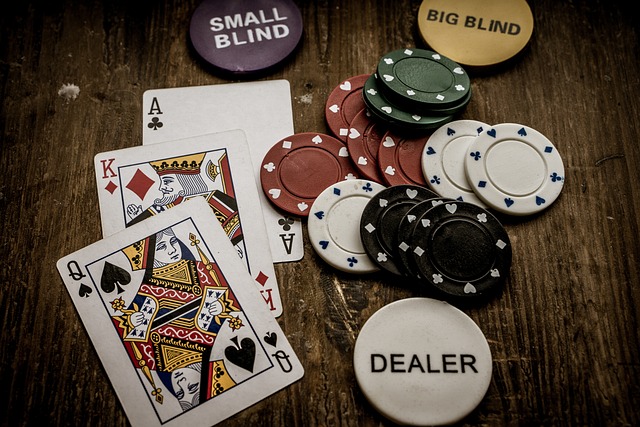While casinos provide entertainment and excitement to millions of visitors, like cookie casino, they also recognize the importance of responsible gambling and player well-being. Problem gambling, also known as gambling addiction, can have significant negative consequences on individuals and their families. This article examines how casinos play a vital role in identifying and addressing addiction issues within their premises, promoting responsible gambling, and providing support systems for those in need.
Recognizing Problem Gambling Signs:

Persistent Preoccupation with Gambling:
Individuals struggling with gambling addiction may be preoccupied with thoughts of gambling, even when they are not actively playing.
Inability to Control Gambling Behavior:
A key sign of problem gambling is the inability to control or limit betting, leading to excessive spending and losses.
Chasing Losses:
Problem gamblers often chase losses by making larger bets in an attempt to recover previous losses, which can exacerbate the problem.
Neglecting Responsibilities:
Problem gambling may lead individuals to neglect their work, family, and social responsibilities in favor of spending more time gambling.
Borrowing or Stealing to Gamble:
Addicted gamblers may resort to borrowing money from friends or family or even engage in stealing to fund their gambling habit.
Failed Attempts to Stop Gambling:
Individuals with gambling addiction may make multiple unsuccessful attempts to quit or reduce their gambling activities.
Addressing Addiction in Casino Settings:

Self-Exclusion Programs:
Many casinos offer self-exclusion programs, allowing individuals to voluntarily ban themselves from entering the premises for a specified period. This measure provides a necessary cooling-off period for problem gamblers and helps them take steps toward recovery.
Mandatory Training for Casino Staff:
Casino employees undergo mandatory training to recognize the signs of problem gambling. They are trained to approach and assist players exhibiting concerning behaviors and provide information about available support services.
Limit-Setting Tools:
To encourage responsible gambling, casinos offer limit-setting tools that allow players to set financial and time limits on their gaming activities.
Information and Resources:
Casinos provide informational materials and resources about responsible gambling, including helpline numbers and websites for problem gambling support organizations.
Player Behavior Tracking:
Casino management uses player tracking systems to monitor gambling behaviors. Unusual patterns, such as excessive spending or prolonged gaming sessions, may trigger interventions by casino staff.
Collaborations with Support Organizations:
Casinos collaborate with problem gambling support organizations to provide counseling and assistance to affected individuals and their families.
Support Systems for Problem Gamblers:
Helplines and Counseling:
Problem gambling helplines and counseling services offer confidential support and advice to individuals struggling with addiction.
Support Groups:
Support groups allow individuals with gambling addiction to share their experiences, receive guidance, and find encouragement in their journey to recovery.
Treatment Programs:
Specialized treatment programs, such as cognitive-behavioral therapy and addiction counseling, are available to address the underlying issues of problem gambling.
Financial Counseling:
Financial counseling services help problem gamblers manage their debts and regain control of their finances.
In conclusion, casinos are committed to creating a safe and responsible gaming environment for their patrons. By recognizing the signs of problem gambling, implementing responsible gambling measures, and providing support systems, casinos aim to identify and address addiction issues promptly. The collaborative efforts of casinos, support organizations, and treatment providers are instrumental in helping individuals overcome problem gambling and promoting responsible gaming practices within the casino setting.
